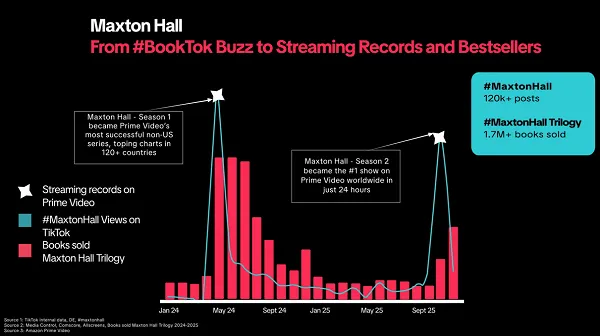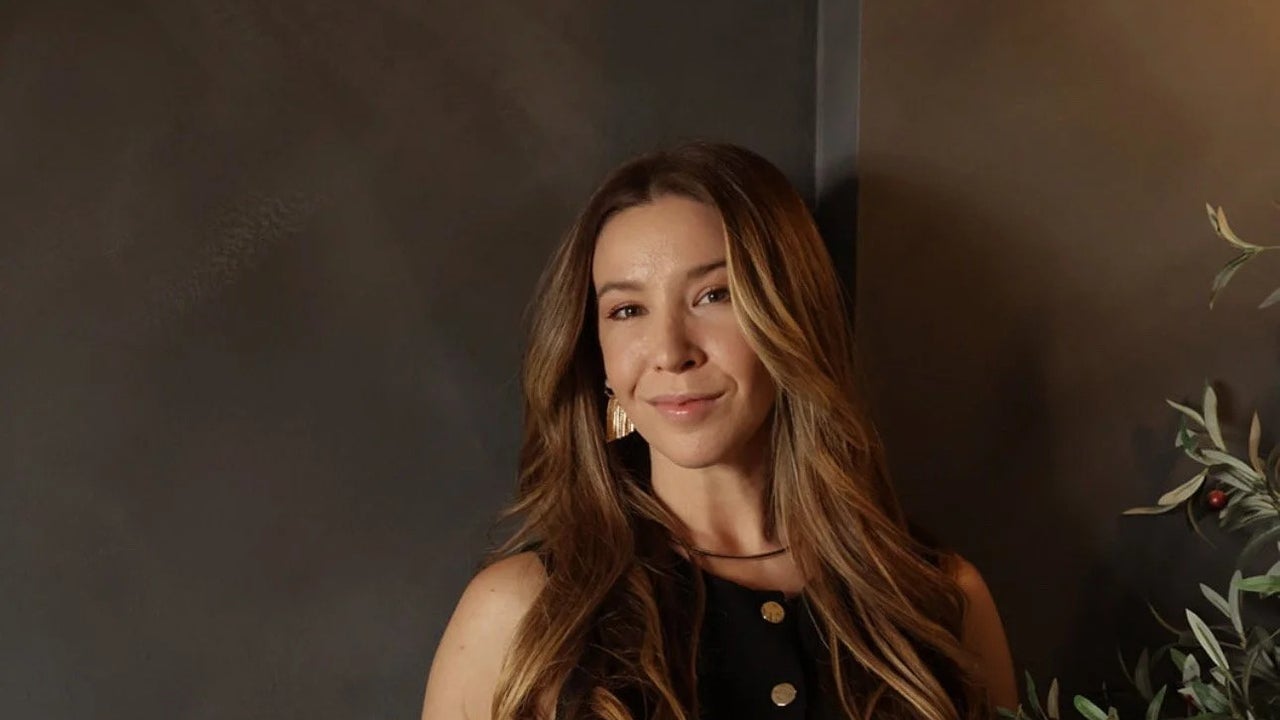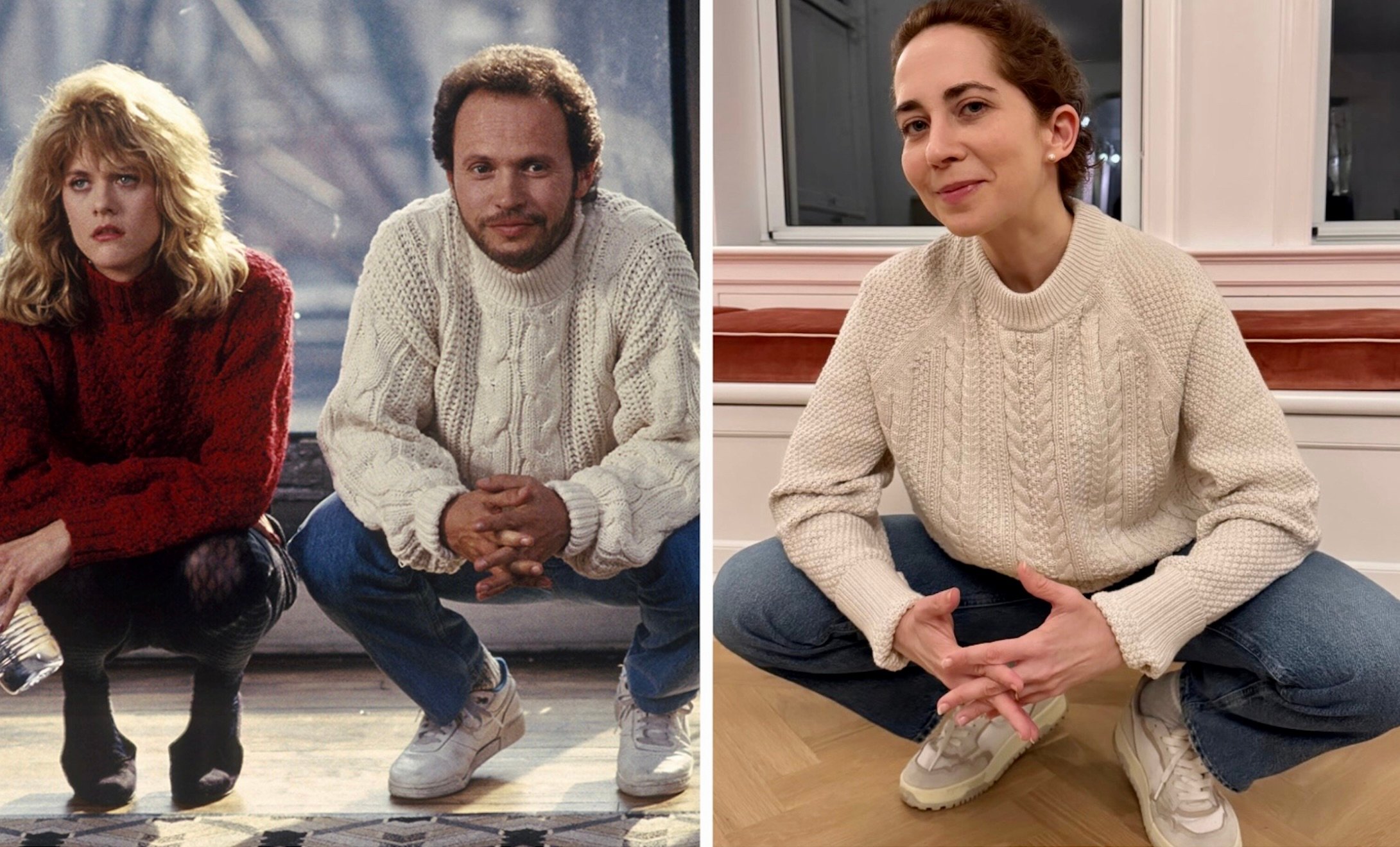Diet Trends Got You Fooled? Time for a Reality Check
If I had a dollar for every time I saw a new “miracle diet” trending online, I could retire, move to the south of France, and live off croissants and common sense. Seriously, diet trends have become the internet's...

If I had a dollar for every time I saw a new “miracle diet” trending online, I could retire, move to the south of France, and live off croissants and common sense. Seriously, diet trends have become the internet's favorite toxic ex—promising you the world, delivering absolute chaos, and somehow convincing you to come back every few months like you’ve forgotten how much pain they caused the last time.
We live in a world obsessed with fast results. Faster Wi-Fi. Faster deliveries. And now? Faster weight loss. So when some flashy new plan promises to help you shed 10 pounds in 7 days, glow like a supermodel, and suddenly become the most productive version of yourself—all by eating only watermelon and air—it’s no surprise that people are tempted.
But here’s the unfiltered truth: these fast fixes come with long-term consequences, and they’re rarely worth the hype. Trendy diets might look good on Instagram, but they can wreck your health in ways you won't see until you're dealing with fatigue, hormone imbalances, mood swings, and digestive issues that make you question every life choice.
Let’s break it down, shall we?
The Hidden Risks Behind the “Quick Fix” Culture

Let’s start with the basics: fad diets are seductive because they promise shortcuts, and we, as a society, are all about shortcuts. Who wouldn’t want to lose belly fat overnight without actually changing their lifestyle? The problem is that these trendy diets are designed to look like magic tricks. Quick before-and-after photos, detox drinks, dramatic testimonials—they all paint the illusion of health, but the foundation is as shaky as your energy levels after your third day of “cleansing.”
The truth is, most of these diet trends are just well-marketed malnutrition. They cut out food groups your body actually needs, dramatically restrict calories, and mess with your natural hunger cues. What you end up with is weight loss that isn’t even sustainable—because it's mostly water, muscle, and pure desperation.
And as soon as you go back to eating like a normal human being (because you will, eventually), the weight comes right back. Only now, your metabolism is sluggish, your digestion is a mess, and you're left wondering why you're more exhausted than ever. Spoiler alert: your body is not a machine that can be rebooted with a juice cleanse.
You May Also Want To Read: OMAD Meal Ideas: What to Eat on One Meal a Day
The Pitfalls of Fad Diets: Let’s Call Them Out

So what do most of these diet trends have in common? They:
Eliminate entire food groups
Promise rapid, unrealistic results
Ignore individual body differences
Prioritize aesthetics over health
Promote short-term thinking
When you remove entire food groups—like carbs, for instance—you’re not just “cutting out the bad stuff.” You’re cutting out a major energy source your body relies on to function. No doubt, you are also messing with your brain chemistry, your hormones, your gut health, and your ability to not snap at your coworkers for breathing too loudly.
Yes, you might drop a few pounds initially, but your immune system is taking a hit. Your energy levels are on a rollercoaster. The digestion? Absolutely off. Your mental clarity? Foggy. You’re moody, 200% tired, and for what? A smaller number on the scale that you’ll probably regain anyway?
And let’s not forget the ridiculous “detox” craze. Your liver and kidneys already handle detoxing. What you don’t need is a $75 tea that tastes like regret and keeps you glued to the bathroom floor. You need water, fiber, and sleep. That’s the real cleanse—not some influencer's weekend starvation plan wrapped in pastel branding.
Why Balanced Eating Is the (Unsexy) Key to Real Health

Now, I know the phrase “balanced diet” doesn’t get clicks like “5-Day Flat Belly Meal Plan” does, but stay with me. Because here’s the truth: a balanced, nutrient-dense diet is what actually works—for the long haul.
It’s not restrictive. Definitely not punishing. It’s not trying to shrink you into a socially acceptable size as quickly as possible. This is about fueling your body so it can thrive, not just survive.
A healthy diet is rich in:
Complex carbohydrates for steady energy
High-quality proteins to build and repair tissue
Healthy fats that support hormones and brain health
Fiber for digestion and blood sugar regulation
Vitamins and minerals that your body literally can’t function without
It’s about consistency, not extremes. You’re not trying to impress anyone with your ability to survive on ice cubes and celery. You’re aiming for energy that lasts, moods that stabilize, skin that glows because it’s nourished—not because it’s dehydrated and stretched thin.
And yes, this means eating real meals regularly. Skipping breakfast and living off iced coffee is not a personality trait. It’s a crash waiting to happen.
Personalized Nutrition: Because You’re Not a Clone

Here’s another piece of the puzzle that diet trends love to ignore—you are not a one-size-fits-all person. Your body has its own needs, sensitivities, rhythms, and quirks. What works for your best friend, your favorite influencer, or that random guy on YouTube might not work for you. And that’s okay.
Finding what works for your body isn’t about jumping from trend to trend hoping one finally “sticks.” It’s about listening to how food makes you feel. Are you bloated after eating certain things? Do you crash at 3PM every day? Are your cravings off the charts when you skip meals? These are signals. Pay attention to them.
Personalized nutrition means experimenting. Tuning in. Being curious—not judgmental. And no, it doesn’t mean giving up your favorite foods forever. It means finding a rhythm that supports your life, your movement, your sleep, your mental health, and your goals.
Final Thoughts: Stop Letting Diet Culture Run Your Life

Let’s cut through the nonsense: diet culture is a billion-dollar industry built on your insecurity. It thrives when you feel broken. It profits when you hate your body. And it will keep rebranding the same tired starvation plans as “new science” or “biohacks” until we all wise up and start calling it out.
Your health isn’t something to gamble on. It’s not a trend. This is not a temporary fix or a sprint to fit into a dress. It’s a long-term relationship with your body—and just like any relationship, it requires trust, patience, consistency, and care. Not punishment.
And let’s be very clear: you deserve to eat. You deserve to feel good. You deserve to enjoy food without guilt. Nourishment isn’t a luxury. It’s your right.
So no, you don’t need to give up carbs to be worthy. You don’t need to skip meals to be beautiful. No, please don’t fear food to be healthy. You just need to tune in, find what makes your body thrive, and reject the noise that tells you you’re not good enough unless you’re smaller, tighter, or trendier.
Let’s stop letting diet trends run our lives. Why not eat like we love ourselves? Let’s live like we’re done being fooled by empty promises and skinny teas.
Because real health? It’s not about looking different. It’s about feeling alive.

 Troov
Troov 






























